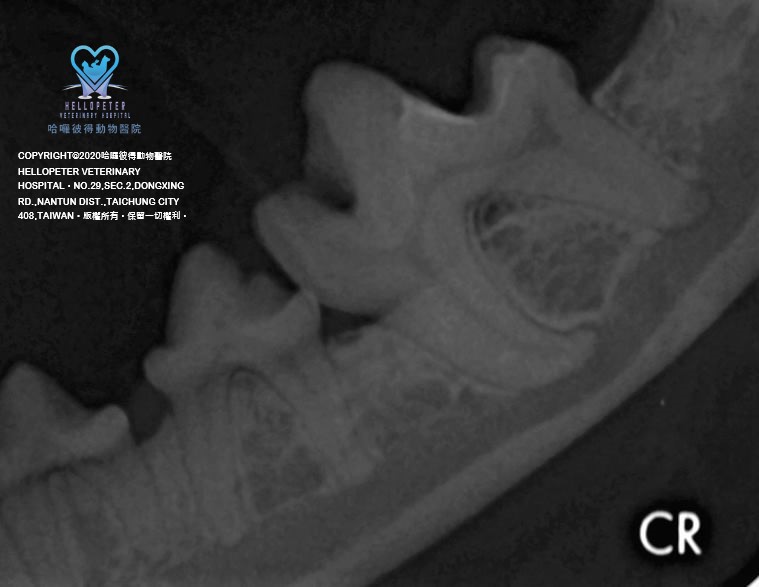



In human dentistry, many clinics apply fluoride to patients' teeth after completing treatment, primarily to prevent tooth decay.
Why does fluoride help prevent dental caries (tooth decay)? Dental caries is mainly caused by bacteria in the oral cavity producing acidic substances that erode the enamel. When fluoride comes into contact with enamel, it replaces the hydroxyl ions in hydroxyapatite, forming fluorapatite and enhancing the enamel's acid resistance.
Additionally, fluoride itself inhibits the growth of bacteria in the oral cavity, reducing the rate of acidic substance production. Studies in human dentistry indicate that commonly used topical fluoride agents, such as sodium fluoride and stannous fluoride, can reduce the occurrence of dental caries by 40% to 60%.
Fluoride intake can occur through diet or topical application. If applied topically, the effectiveness depends on the permeability of the enamel. Younger individuals have better enamel permeability, making fluoride application most effective in children (young animals), with decreasing effectiveness as age increases. After fluoride application, it is advised not to rinse, wash, or eat for 30 minutes.
The oral environment of dogs and cats is more alkaline (dog's oral pH 8.5-8.65, cat's oral pH 8.5), and their teeth lack fissures, making dental caries less likely. While fluoride is helpful for the oral health of animals, its effects are not as pronounced as in humans (human oral pH 6.5-6.9).
As for the concern of fluoride toxicity, the concentration of fluoride used in common dental products is approximately 22,000 ppm (22 mg/g). The lethal dose of fluoride in animals is around 5-10 mg/kg, and symptoms of toxicity may appear at doses above 1 mg/kg, varying between individuals. Although the amount of fluoride applied each time is small, precise calculation of the entire mouth's dosage is necessary. Some veterinarians oppose fluoride application due to these considerations.
Because the benefits of fluoride for the oral health of dogs and cats are not very evident, it is not an absolute necessity. Owners should follow the veterinarian's advice based on individual cases, considering liver and kidney conditions, blood tests, and overall health. It is not recommended to perform fluoride application without professional guidance.
Director |Dr. Chung-Wei Chen (Dr. Richard Chen)
Column: 【Dr. Chen Talks About Teeth and Oral Cavity】
www.hellopeter.com.tw/contents-3.html
Phone: +886-4-2472-8828
Address: No. 29, Sec. 2, Dongxing Rd., Nantun Dist., Taichung City 408, Taiwan
Official Website: www.hellopeter.com.tw
Hospital Hours: Monday to Friday 10:00~20:00 (by appointment only), 12:00 to the end of all appointments on Saturday, Closed on Sunday
#哈囉彼得動物醫院 #陳重威獸醫師 #動物牙科 #動物口腔外科 #牙科X光 #二極體雷射 #狗 #Dog #MGRS #牙齦黏膜置換手術 #微創拔牙 #口炎 #貓 #cat #小動物牙科 #獸醫牙科 #寵物牙科 #台中動物醫院 #台中獸醫 #牙科獸醫 #牙周病 #蛀牙 #VeterinaryDentistry #動物假牙 #HelloPeterVeterinaryHospital #Piezosurgery #刷牙